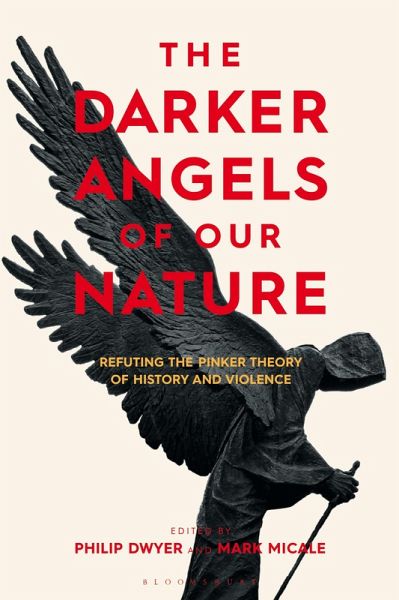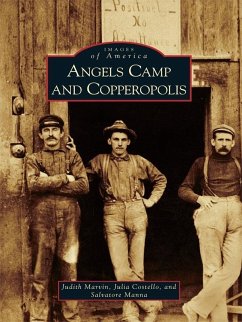
The Darker Angels of Our Nature (eBook, ePUB)
Refuting the Pinker Theory of History & Violence
Redaktion: Dwyer, Philip; Micale, Mark

PAYBACK Punkte
10 °P sammeln!
In The Better Angels of Our Nature Harvard psychologist Steven Pinker argued that modern history has witnessed a dramatic decline in human violence of every kind, and that in the present we are experiencing the most peaceful time in human history. But what do top historians think about Pinker's reading of the past? Does his argument stand up to historical analysis? In The Darker Angels of our Nature, seventeen scholars of international stature evaluate Pinker's arguments and find them lacking. Studying the history of violence from Japan and Russia to Native America, Medieval England and the Im...
In The Better Angels of Our Nature Harvard psychologist Steven Pinker argued that modern history has witnessed a dramatic decline in human violence of every kind, and that in the present we are experiencing the most peaceful time in human history. But what do top historians think about Pinker's reading of the past? Does his argument stand up to historical analysis? In The Darker Angels of our Nature, seventeen scholars of international stature evaluate Pinker's arguments and find them lacking. Studying the history of violence from Japan and Russia to Native America, Medieval England and the Imperial Middle East, these scholars debunk the myth of non-violent modernity. Asserting that the real story of human violence is richer, more interesting and incomparably more complex than Pinker's sweeping, simplified narrative, this book tests, and bests, 'fake history' with expert knowledge.













